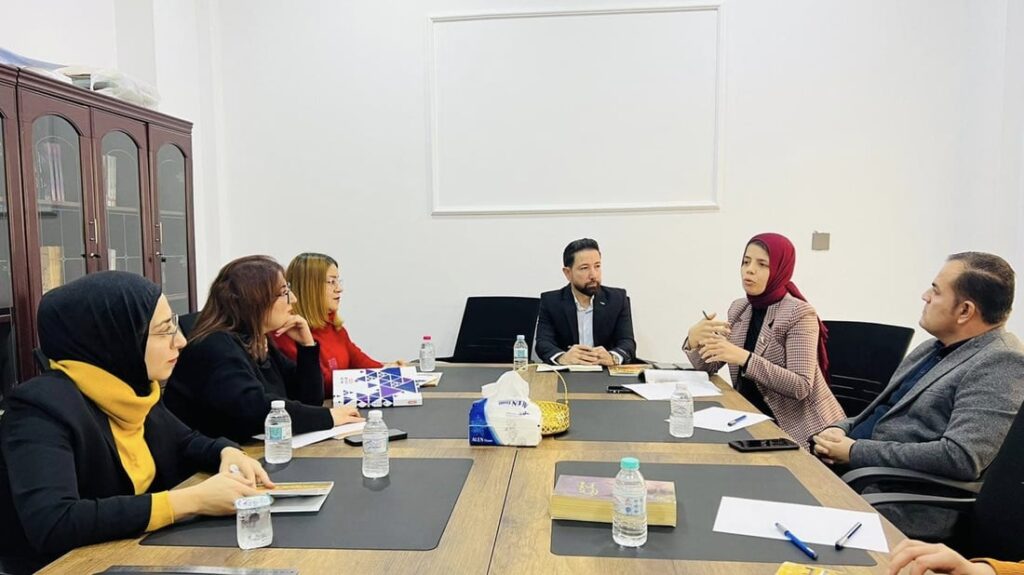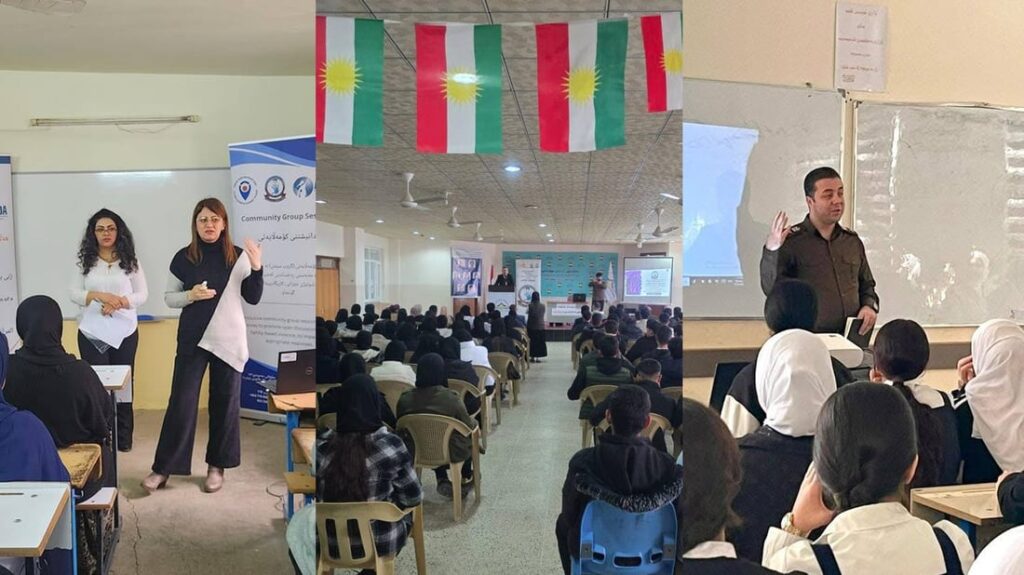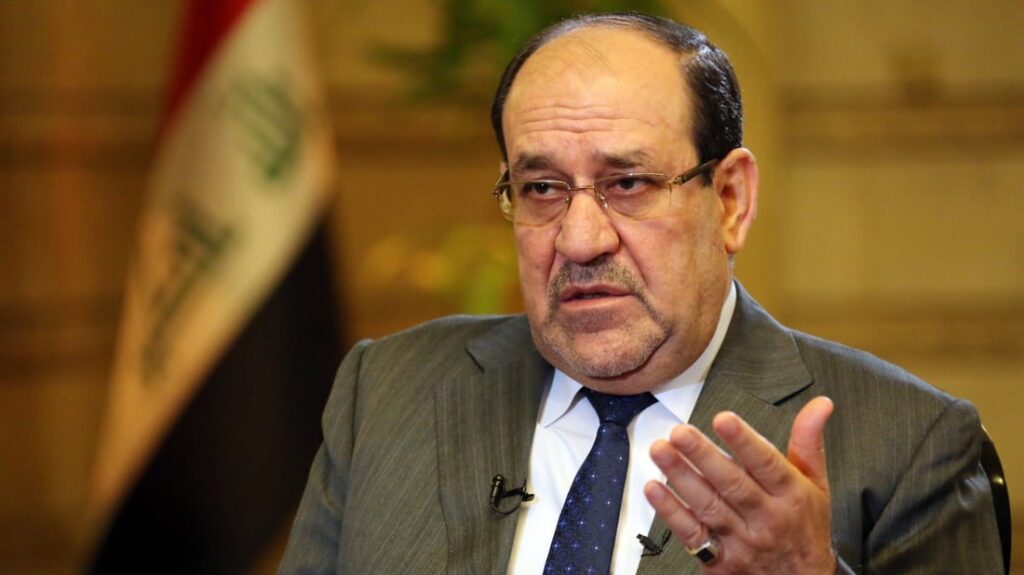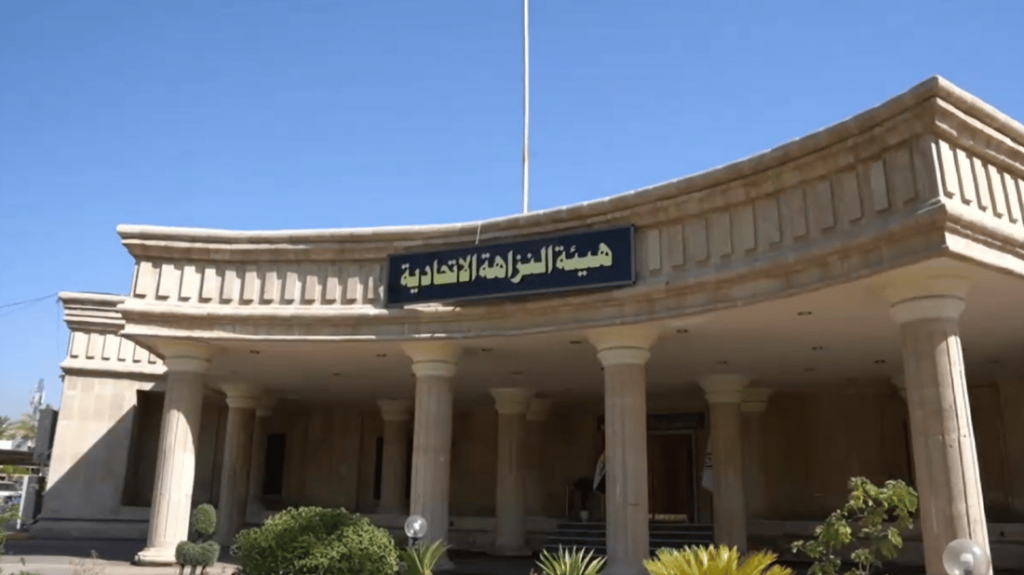Iraq: UNHCR Iraq Protection Update - July 2019
Highlights
? Approximately 2,300 families across Iraq departed from camps, and almost 320 arrived in camps in July 2019. Security concerns, contamination of explosive hazards, destruction of houses, tribal conflicts, lack of livelihood opportunities, basic services and civil documentation are frequently cited as reasons hindering the return of IDPs to their areas of origin.
? Forced evictions continued in Anbar, Kerbela, Ninewa and Salah al Din Governorates due to various measures imposed by state and non-state actors.
? Families with perceived affiliation with extremists continue to endure collective punishment in the form of arrest and detention, restrictions on their freedom of movement and denial of return.
? UNHCR and partners supported the Ministry of Interior (MoI)’s Mobile Civil Documentation Project in Duhok and Erbil Governorate. In Duhok, MoI issued 1,340 Civil Status IDs and 2,090 Nationality Certificates to IDPs while in Erbil, MoI issued 118 Civil Status IDs and 698 Nationality Certificates to IDPs.
? UNHCR and partners held the first SGBV Case Conference Meeting in Erbil with the Department of Combating Violence Against Women of the Kurdistan Regional Government. The meetings are intended to improve response and service provision to SGBV survivors and ensure adherence to the survivor-centred approach.
Barriers to Return and Secondary Displacement
Based on data provided by the Camp Coordination and Camp Management (CCCM) Cluster, 2,312 families departed camps across Iraq during July, while 325 families arrived in camps. Of these, 97 families were in secondary displacement.
According to results from protection monitoring visits conducted by UNHCR and partners, IDPs living in camps and informal settlements continue to cite security concerns, explosive hazard contamination, destruction of houses, tribal conflicts, and lack of livelihood opportunities, basic services and civil documentation as the main reasons preventing their return to their place of origin. For instance, in Anbar Governorate, IDPs from Rawa District, to where only 30 per cent of IDPs returned, cited that unexploded ordnance is still the primary reason hindering return.
In Babil Governorate, approximately 530 IDP families in Al-Askandaria (north of Babil), originally from Jurf Al-Sakhar, Al-Buhairat, and AlKhudhir areas are being prevented from returning to their areas of origin due to tribal and political reasons. IDP families, many headed by women, expressed their willingness to return but claimed they are unable to do so due to tribal disputes and missing civil documentation. In Salah Al-Din Governorate, IDPs living in Al Karama Camp and Al Qadissiyah Complex, most of whom originate from Baiji and Senya, have expressed that they are unable to return due to infrastructure damage and lack of basic services in their areas of origin.
Furthermore, IDPs living in Al Alam camp, where most of the families are from Hawija District in Kirkuk Governorate, stated that they could not return due to infrastructure damage, tribal disputes, and lack of job opportunities, medical care and other basic services.





